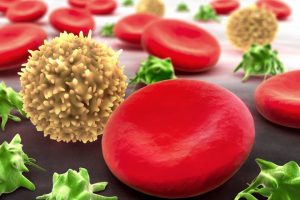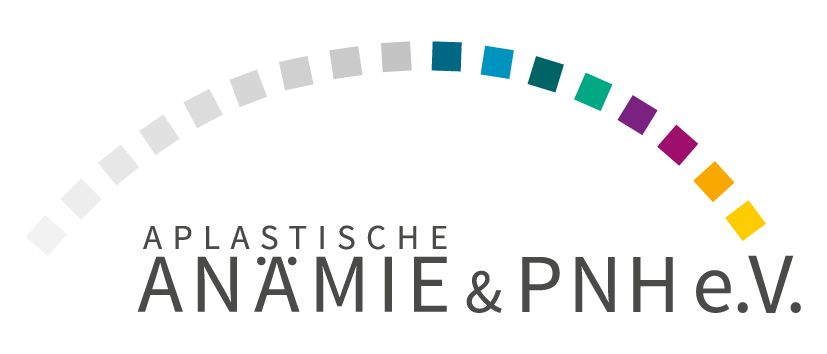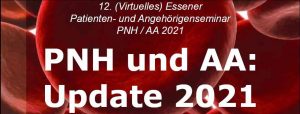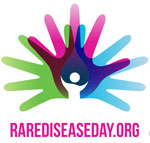Update of PNH guideline

Photo: psdesign1_fotolia
Guidelines are summaries of the current scientific knowledge about a disease – in addition to a complete list of possible symptoms and the most targeted diagnostic methods, you can read about the best possible treatment options according to the current state of knowledge. They serve primarily as a non-binding guide for doctors, but also contain interesting information for patients. Every now and then, guidelines are updated so that the findings of new studies can be incorporated into everyday medical practice - this is exactly what happened this month for the PNH guideline of the German Society of Haematology and Medical Oncology (DGHO) . The last version was still from November 2019 and a revision was necessary in particular to bring recommendations on the use of new drug therapy options up to the status of 2022: Specifically, we are talking about pegcetacoplan, the new C3 complement inhibitor, which has been approved in the EU since December 2021 under the trade name Aspaveli® and, according to the manufacturer Swedish Orphan Biovitrum AB (Sobi), is expected to be available as a therapy option in Germany from April 2022. WEITER






